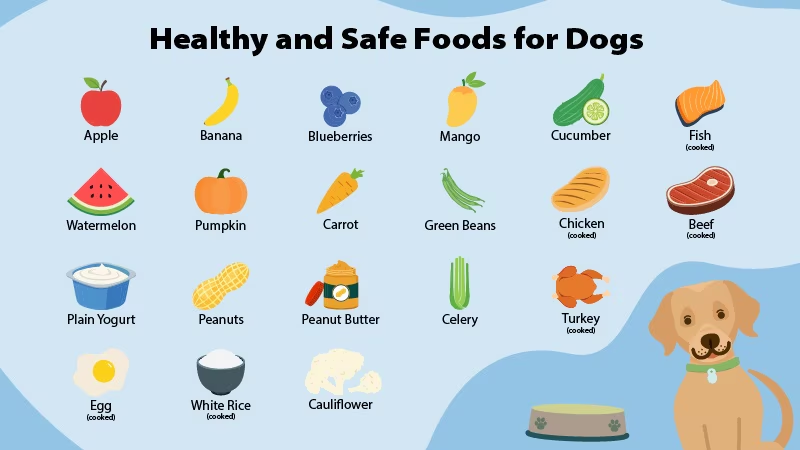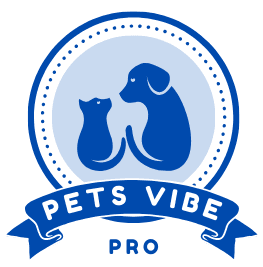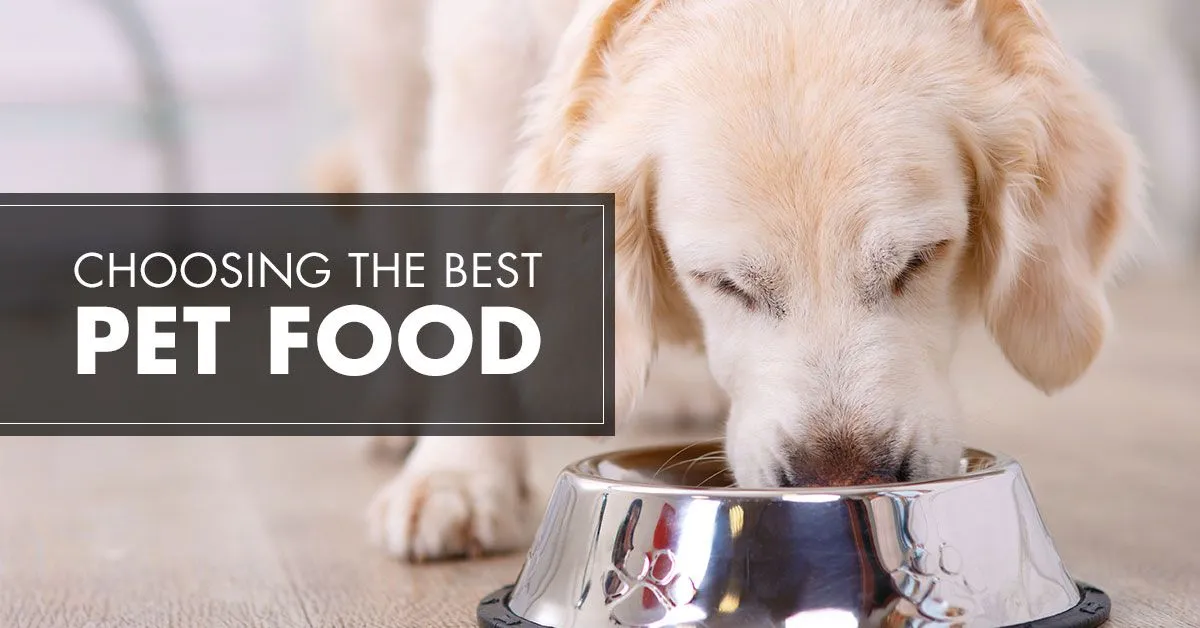Tykes are pets, meaning they can digest both meat and vegetables. A balanced diet for tykes includes proteins, fats, carbohydrates, vitamins, and minerals. Each of these factors plays a pivotal part in maintaining your canine’s health and vitality.

Essential Nutrients for Dogs
Proteins These are pivotal for muscle growth and form. Spare flesh like funk, lemon, and beef are excellent sources of protein.
Fats Healthy fats, like omega 3 and omega 6 adipose acids, support skin health and common mobility. Fish oil painting and flaxseed are good sources.
Carbohydrates Whole grains like brown rice and oats give energy. Fruits and vegetables add fiber and vitamins.
Vitamins and Minerals support bone health and vulnerable function. Vitamin D is particularly important for calcium immersion.
Types of Dog Food
Dry Food
Pros Convenient, better for dental health, and stores well.
Cons May not be as appealing to some tykes.
Wet Food
Pros Advanced water content, more charming to picky eaters.
Cons Shorter shelf life, messier.
Mixing Sot and Wet Food
Combining both can offer the benefits of each type, but ensure the total nutritive input is balanced.
Raw and Manual Diets
Pros Can be acclimatized to individual requirements, potentially smaller disinclinations.
Cons Requires careful planning to insure nutritive balance, threat of bacterial impurity.
Grain Free and Limited Component Diets
Pros Suitable for tykes with perceptivity.
Cons May lack certain nutrients if not formulated rightly.
Choosing the Right Food
1. Check the constituents Meat should be the first component for high quality protein.
2. Avoid Low Quality Terms like” beast outgrowth” or” cereals” may indicate lower quality.
3. Consult Your warhorse acclimatized advice grounded on age, life, and health conditions is inestimable.
Human Foods to Avoid
Nuts Especially macadamia nuts, which can beget weakness and temblors.
Onions Belong to the Allium family, which can damage red blood cells.
Raisins Can Beget Order Failure.
Chocolate Contains theobromine, poisonous to tykes.
Leeks analogous to onions can beget anemia.
Garlic Also part of the Allium family, poisonous to tykes.
Leftover Bones Can chip and beget internal injuries.
Dietary Needs by Life Stage
Puppies
High Energy Diets are Necessary for growth and development.
Nutrient Balance ensures acceptable calcium and phosphorus for bone growth.
Feeding frequence Puppies need further frequent reflections than adult tykes.
Adult Tykes
Balanced Diet concentrates on conservation rather than growth.
exertion position Acclimate calorie input grounded on exertion position.
Health Conditions Manage conditions like rotundity or disinclinations with specific diets.
elderly tykes
Mobility Support Include constituents that support common health, similar as glucosamine.
Certain nutrients can help maintain cognitive function.
Weight Management Cover Weight to help rotundity related issues.
Special Dietary Needs
disinclinations and perceptivity
Identify Alarms Common allergens include beef, dairy, and wheat.
Limited component Diets Can help manage disinclinations by reducing exposure to common allergens.
Rotundity operation
Calorie Control Reduce calorie input while maintaining nutrient balance.
Exercise Increase physical exertion to burn calories.
Digestive Issues
Fiber Content Manage diarrhea or constipation with applicable fiber situations.
Probiotics Support gut health with probiotic supplements or foods.

Conclusion
Choosing stylish food for your canine involves understanding their nutritive requirements and opting a diet that meets those requirements. Whether you conclude for dry, wet, or a combination, icing your canine receives a balanced diet is pivotal for their health and happiness.
Fresh Tips for a Balanced Diet
Hydration ensures your canine always has access to fresh water.
Supplements Generally gratuitous unless recommended by a warhorse.
Fresh Fruits and Vegetables Can be nutritional additions, similar as carrots and pumpkin.
Avoid Overfeeding Examiner weight to help rotundity.
By following these guidelines and consulting with your veterinarian, you can give your canine with the stylish possible diet acclimatized to their unique requirements.
constantly Asked Questions
1. Q How frequently should I feed my canine?
Ans: The frequency depends on age and exertion position. Puppies need further frequent reflections, while adult tykes generally eat twice a day.
2. Q Can I give my canine table scraps?
Ans: Generally, it’s stylish to avoid table scraps due to the threat of feeding dangerous foods or creating unhealthy eating habits.
3. Q How do I know if my canine has a food mislike?
Ans: Look for signs like itching, skin rashes, or digestive issues. Consult a warhorse for a proper opinion.
4. Q Is graining free food better for my canine?
Ans; Grain free diets are suitable for tykes with perceptivity but may not be necessary for all tykes. Consult with a warhorse before making changes.


